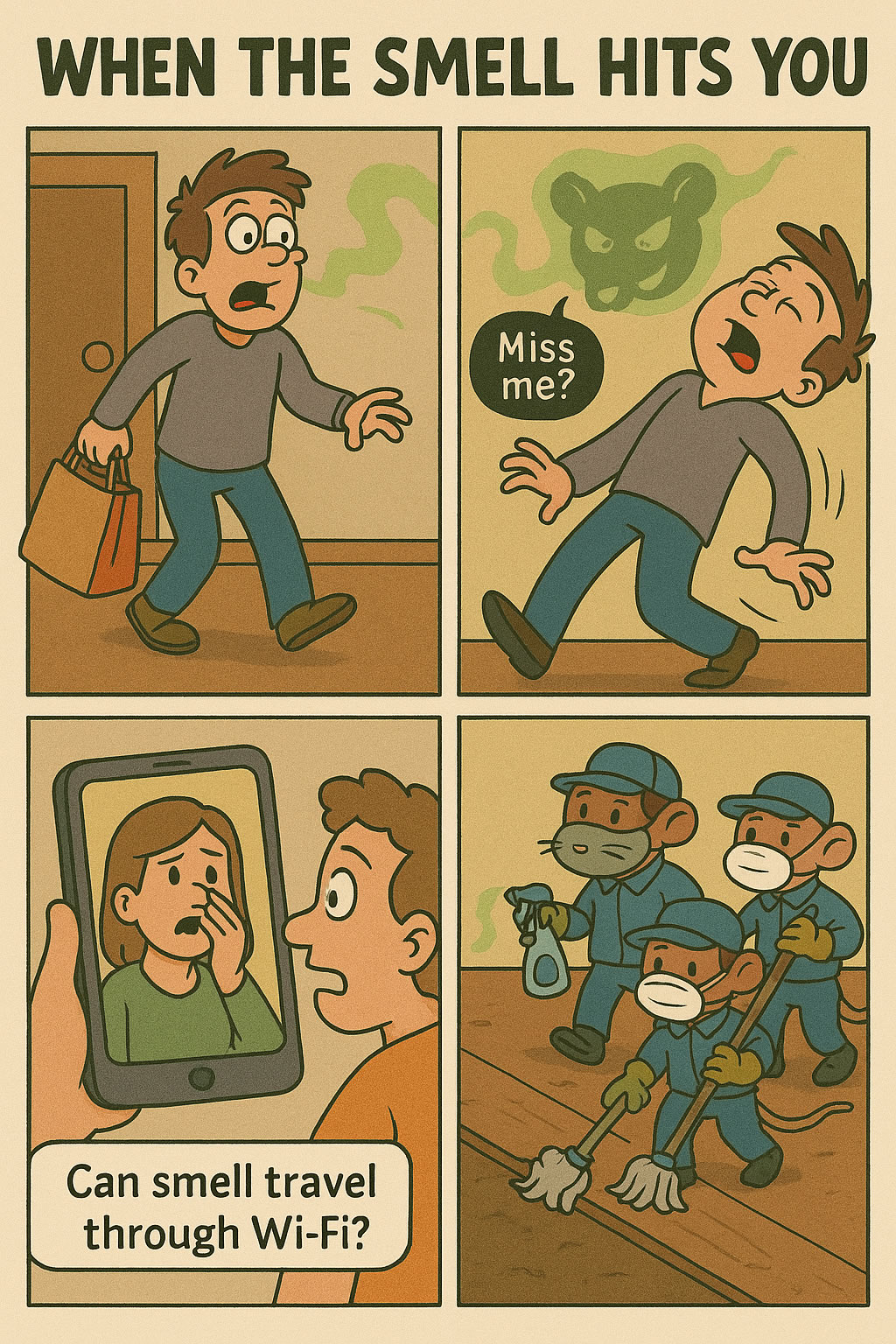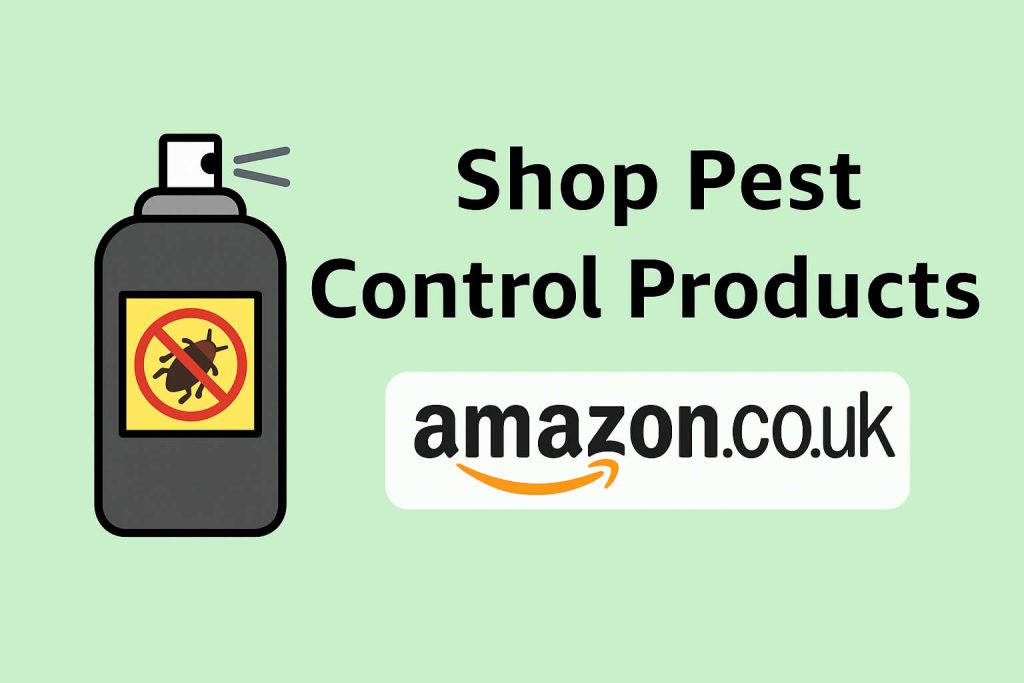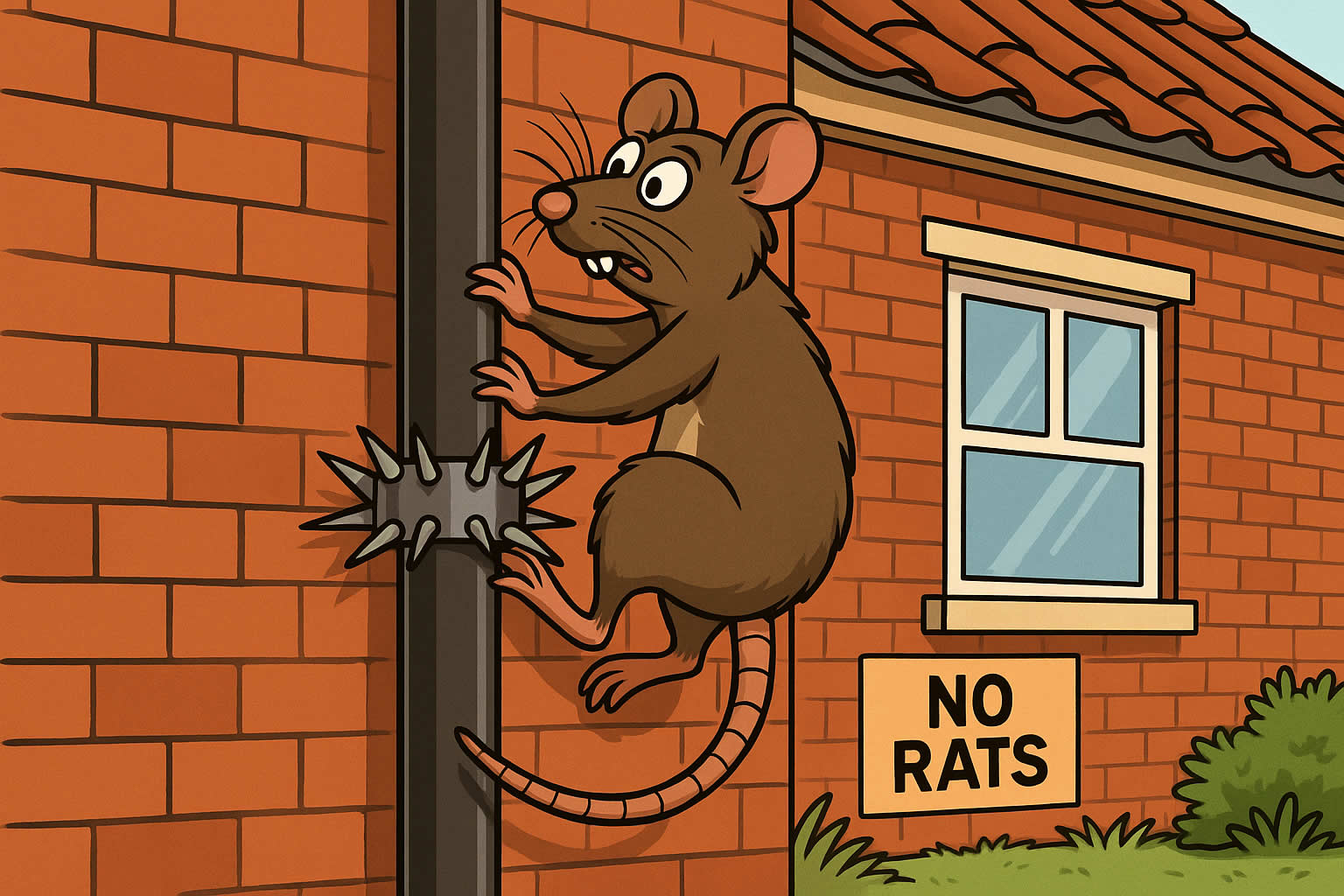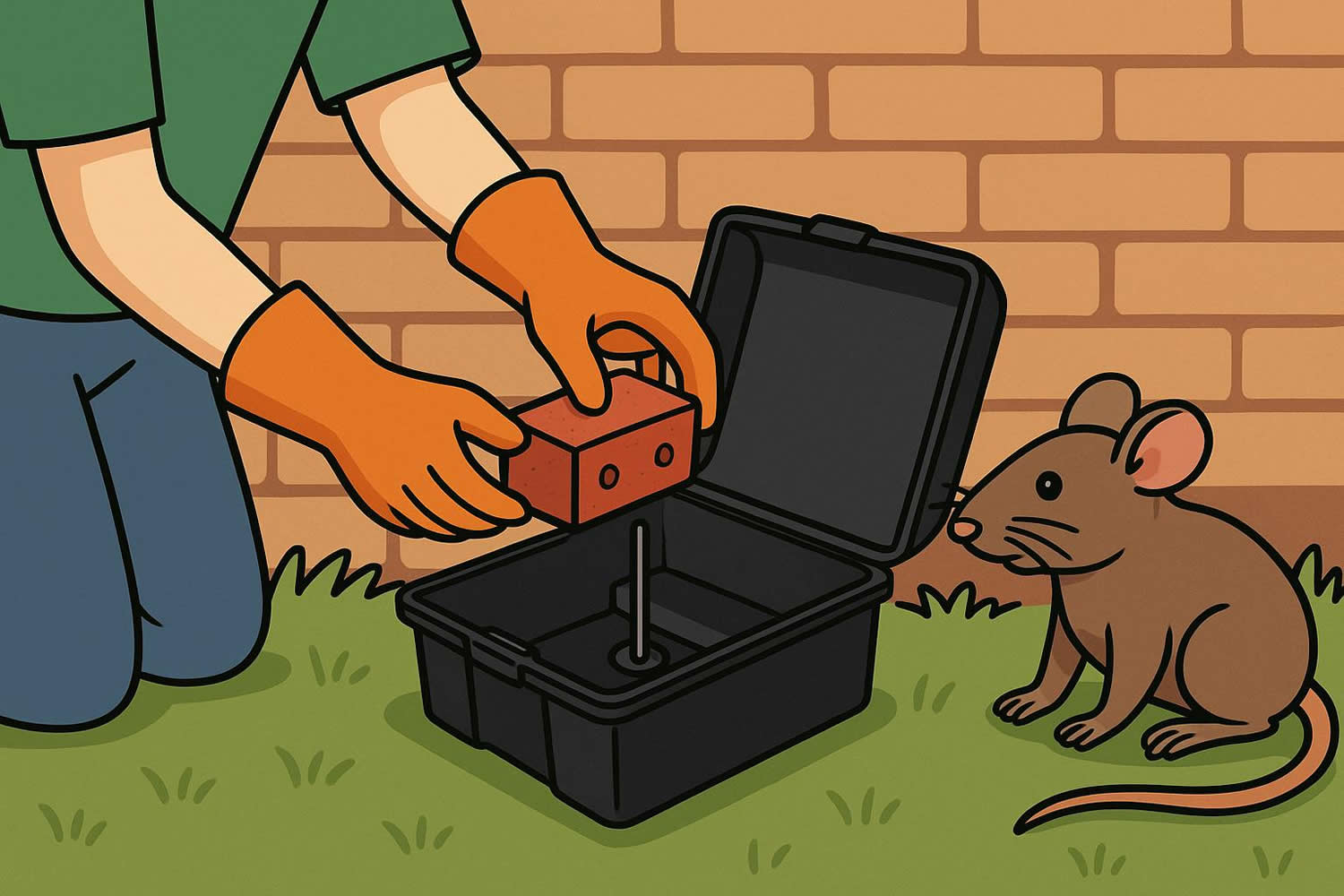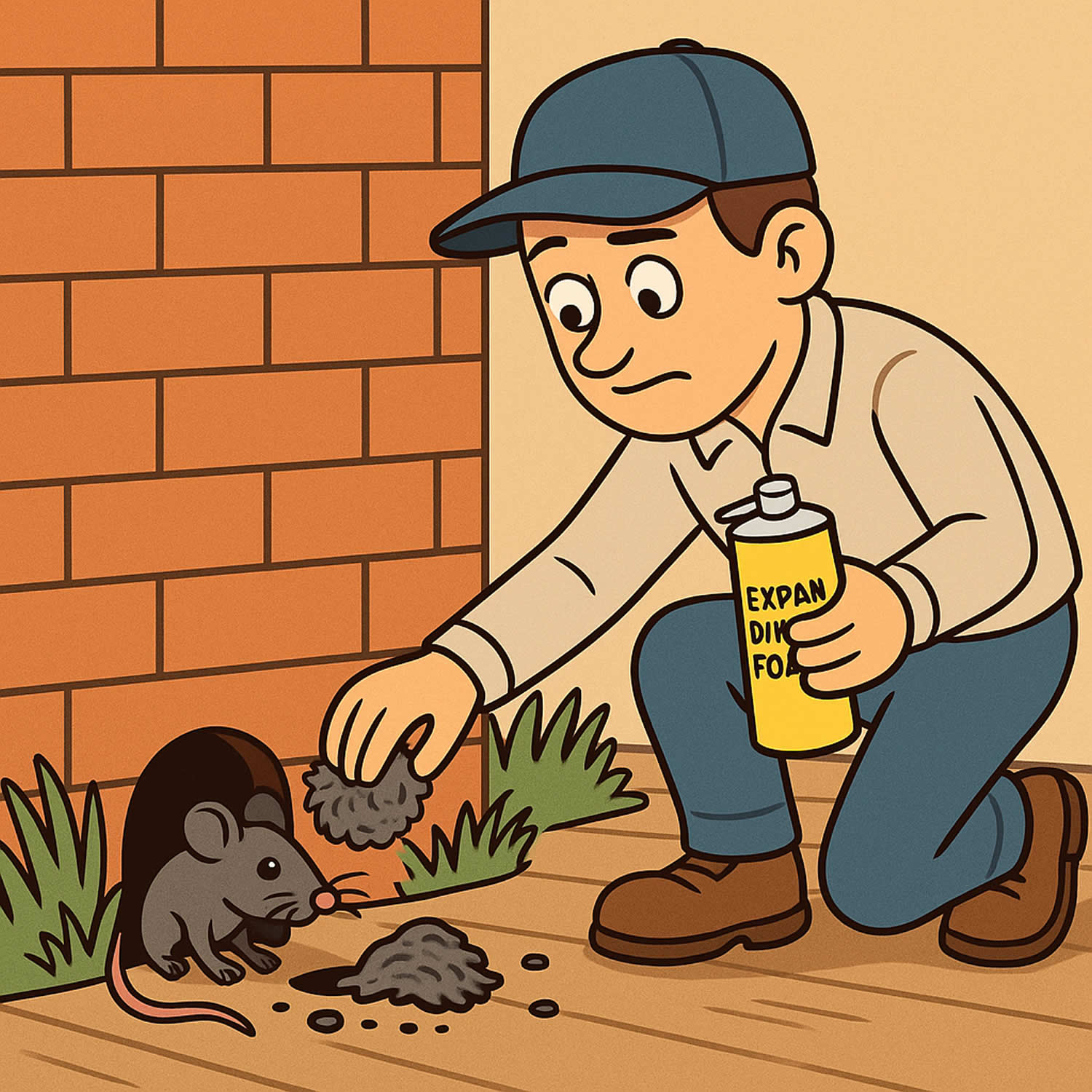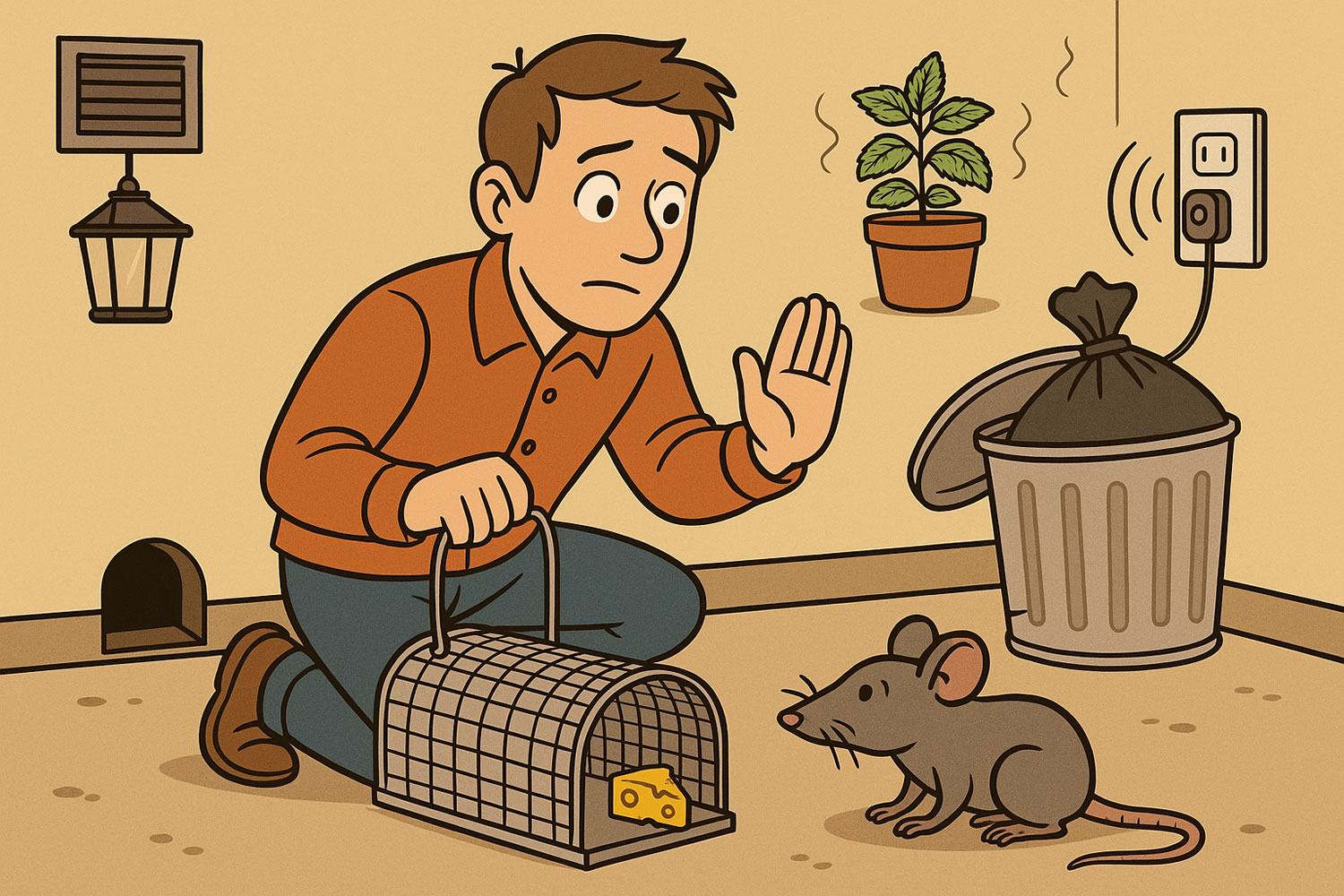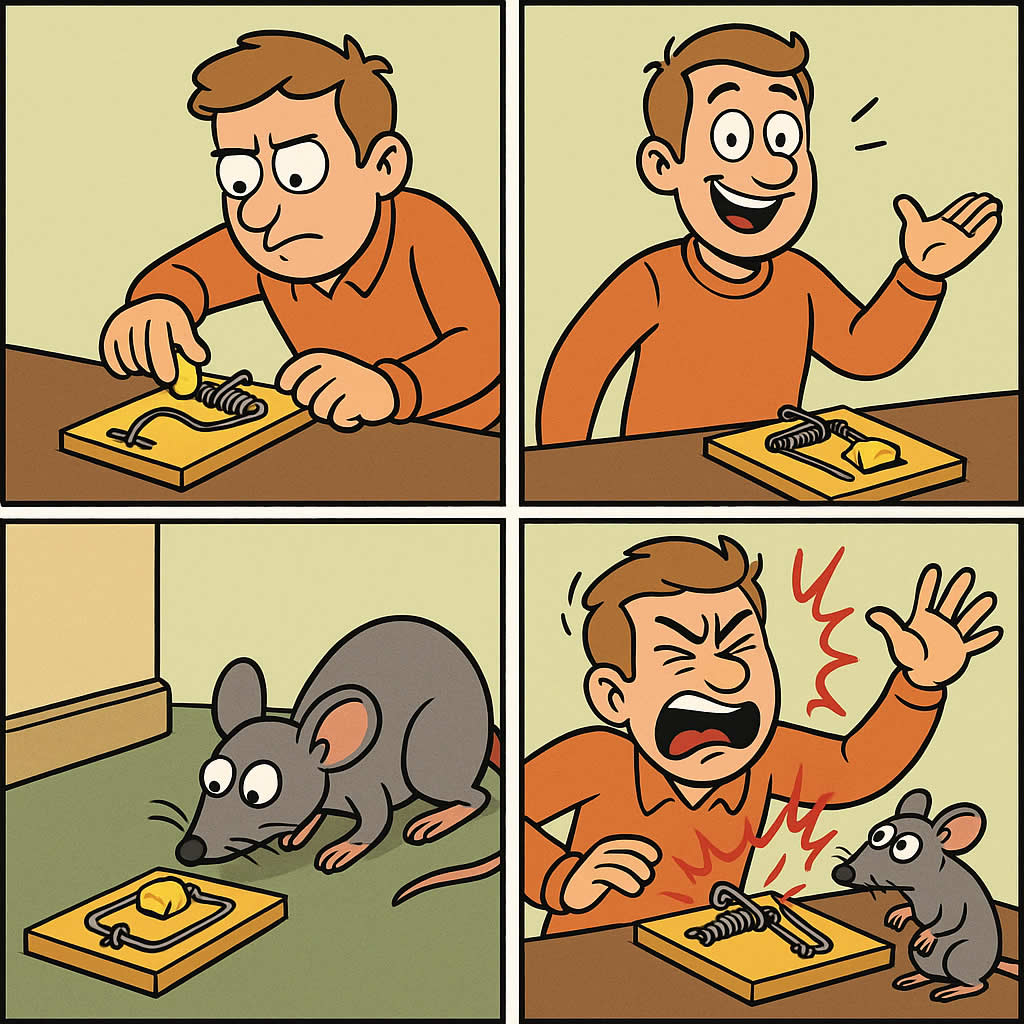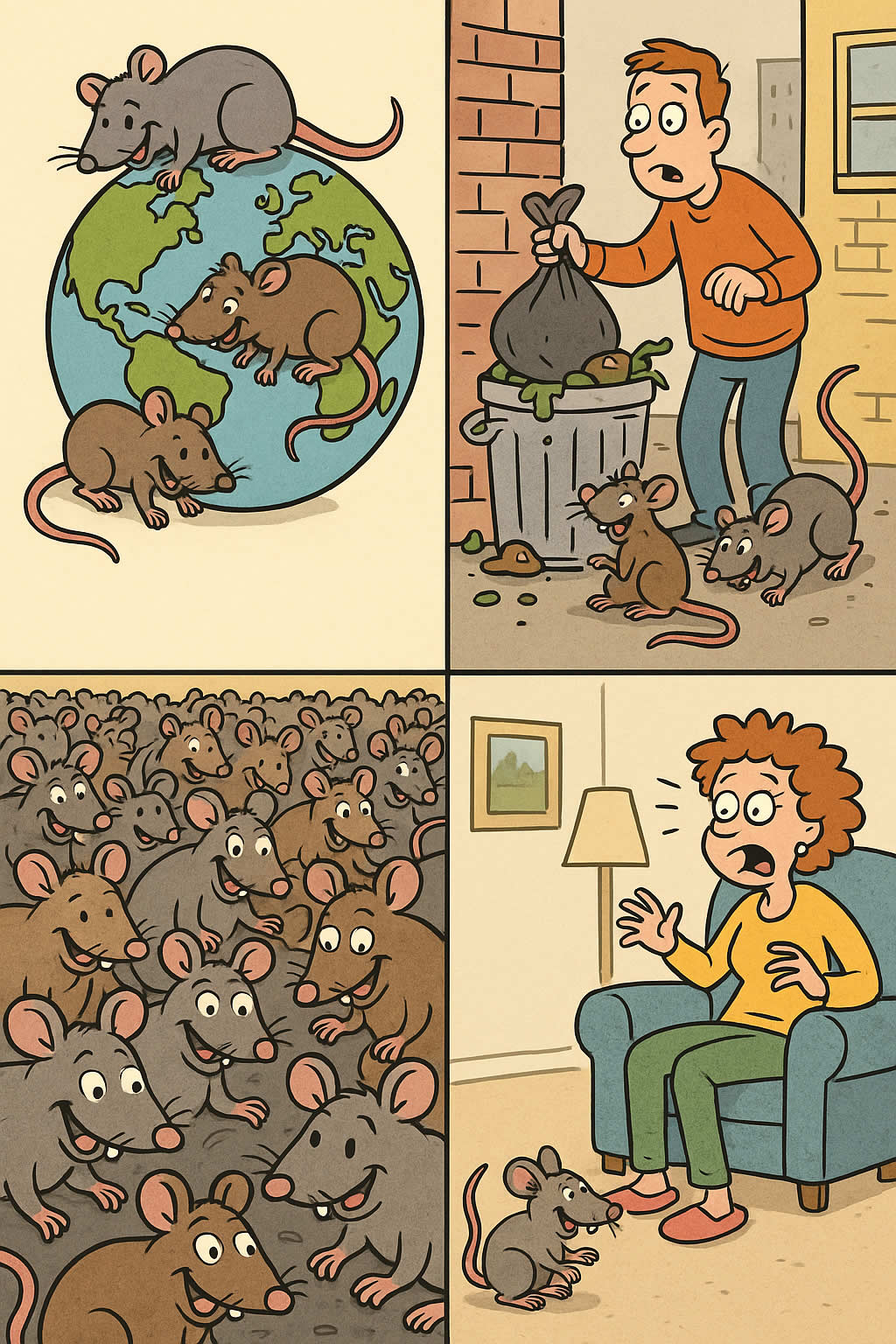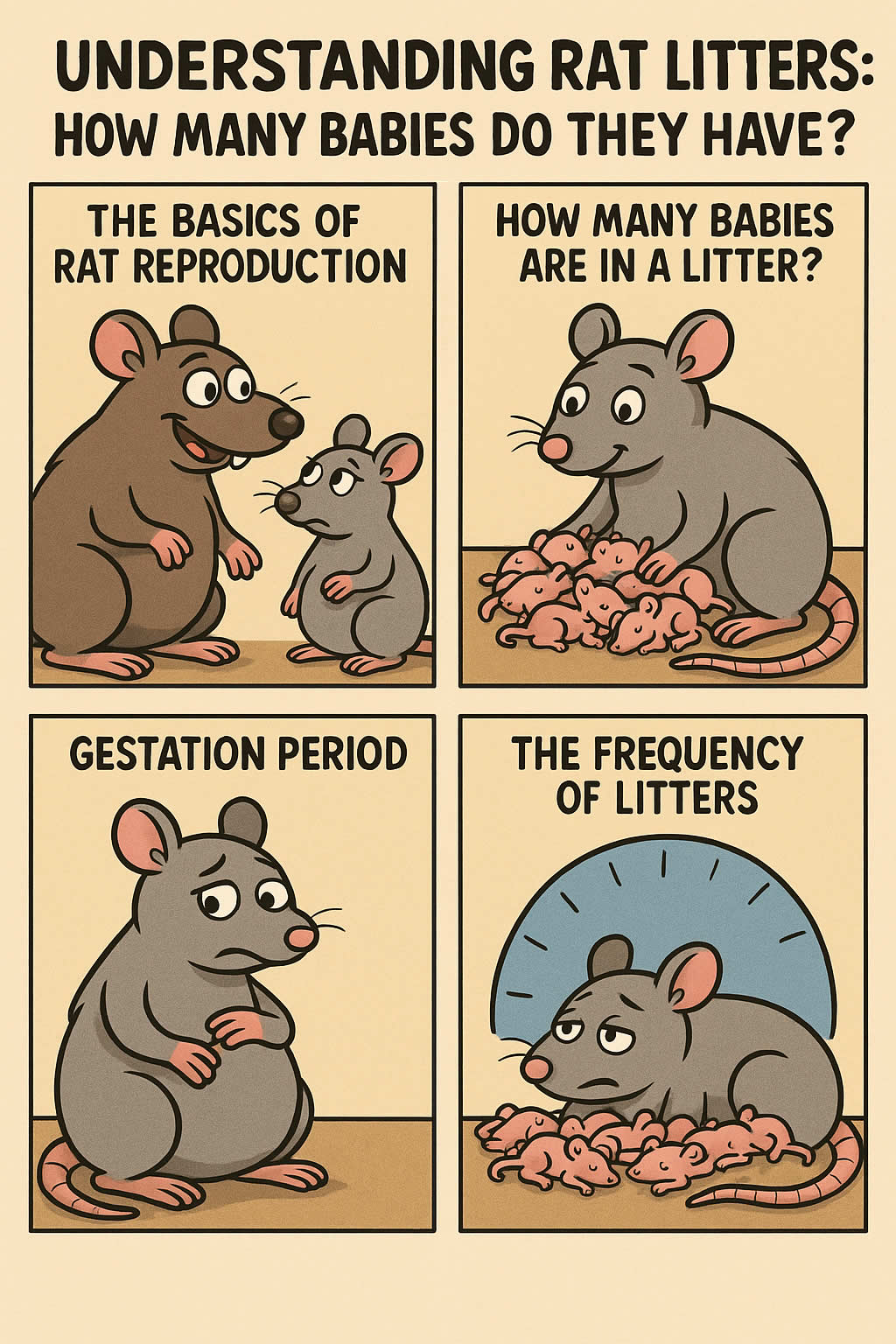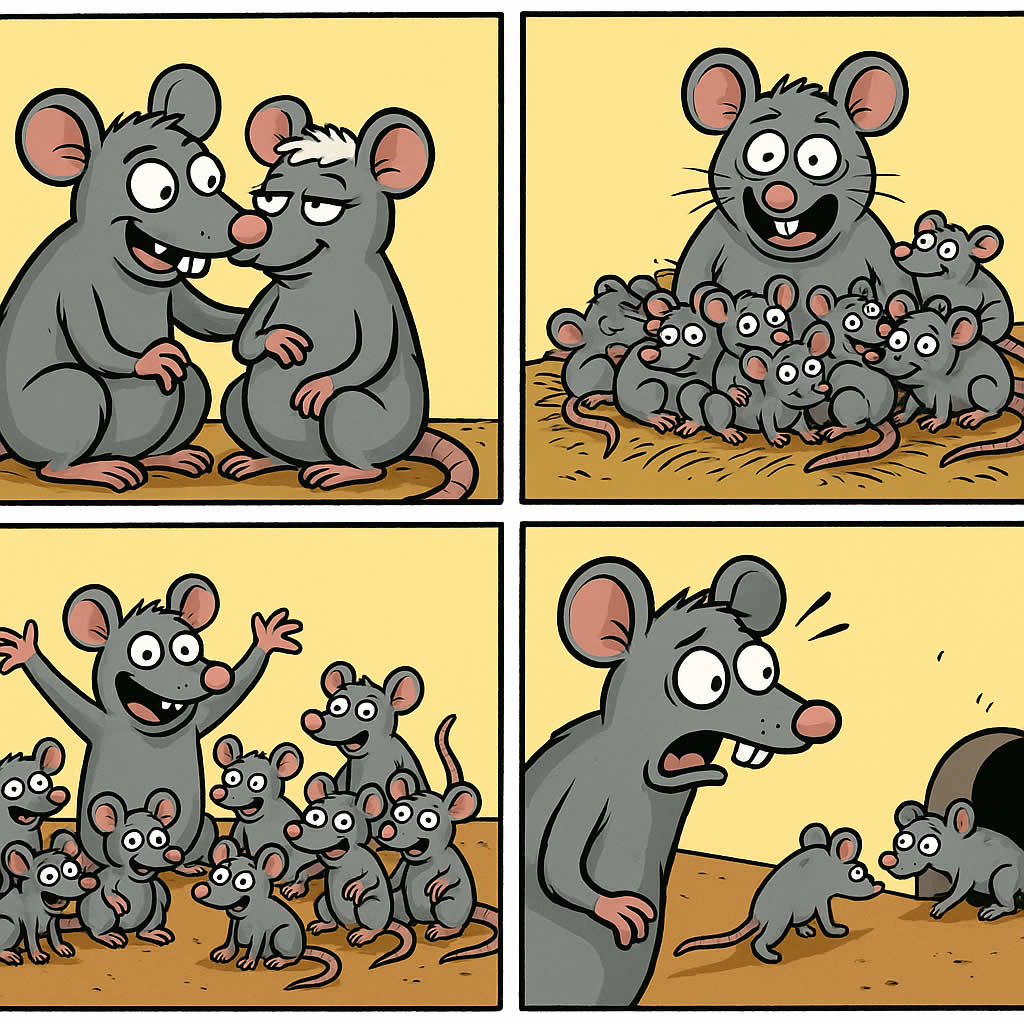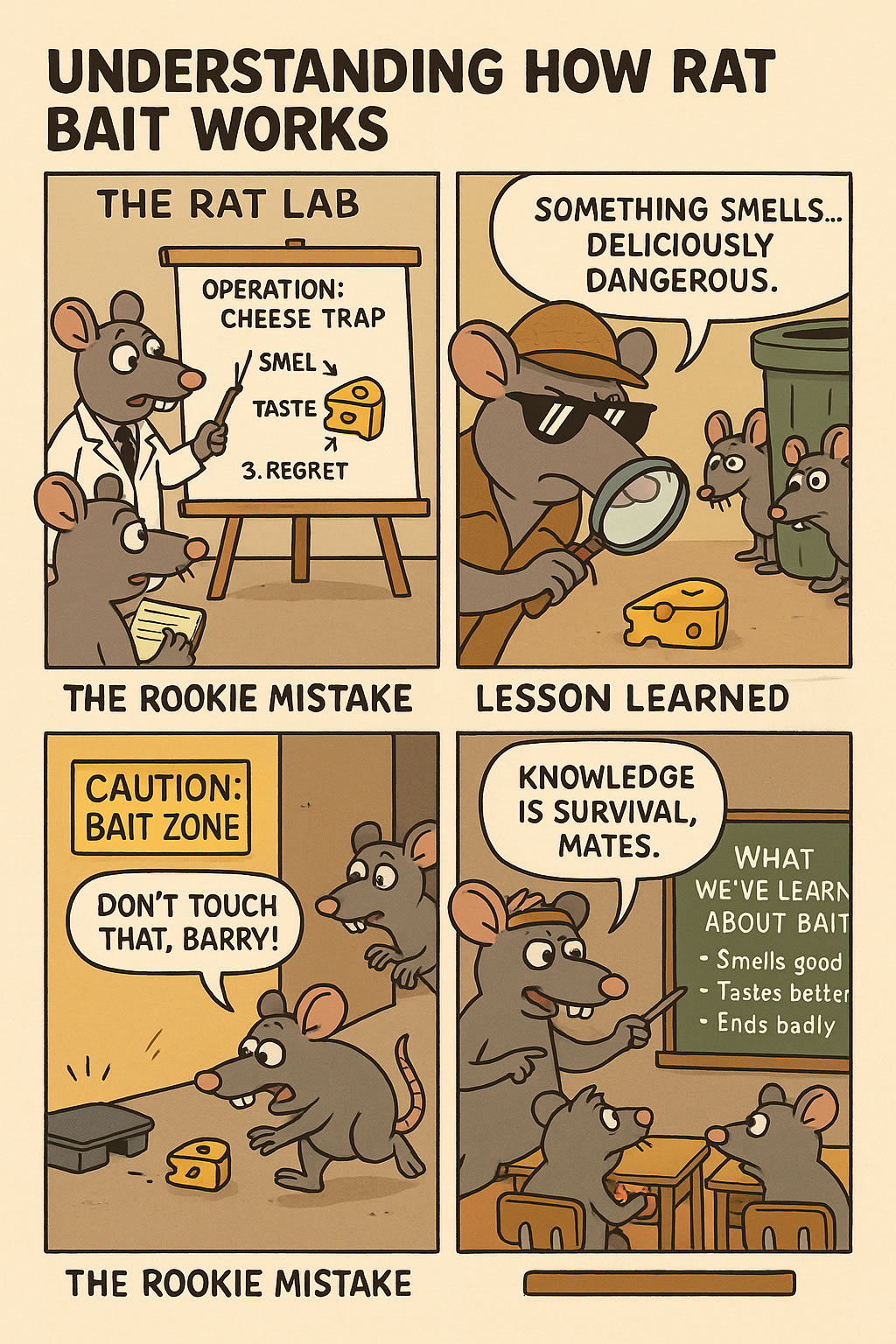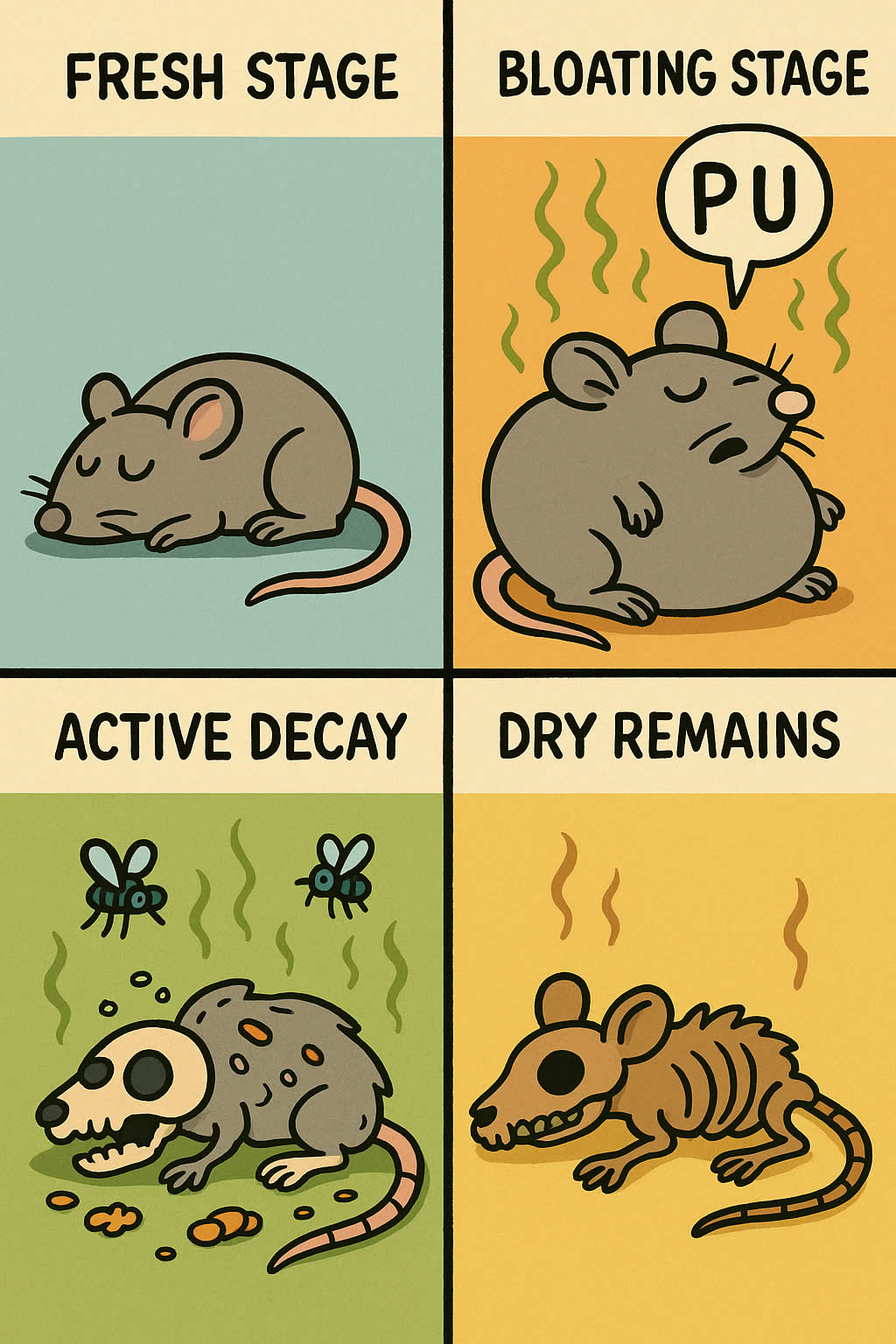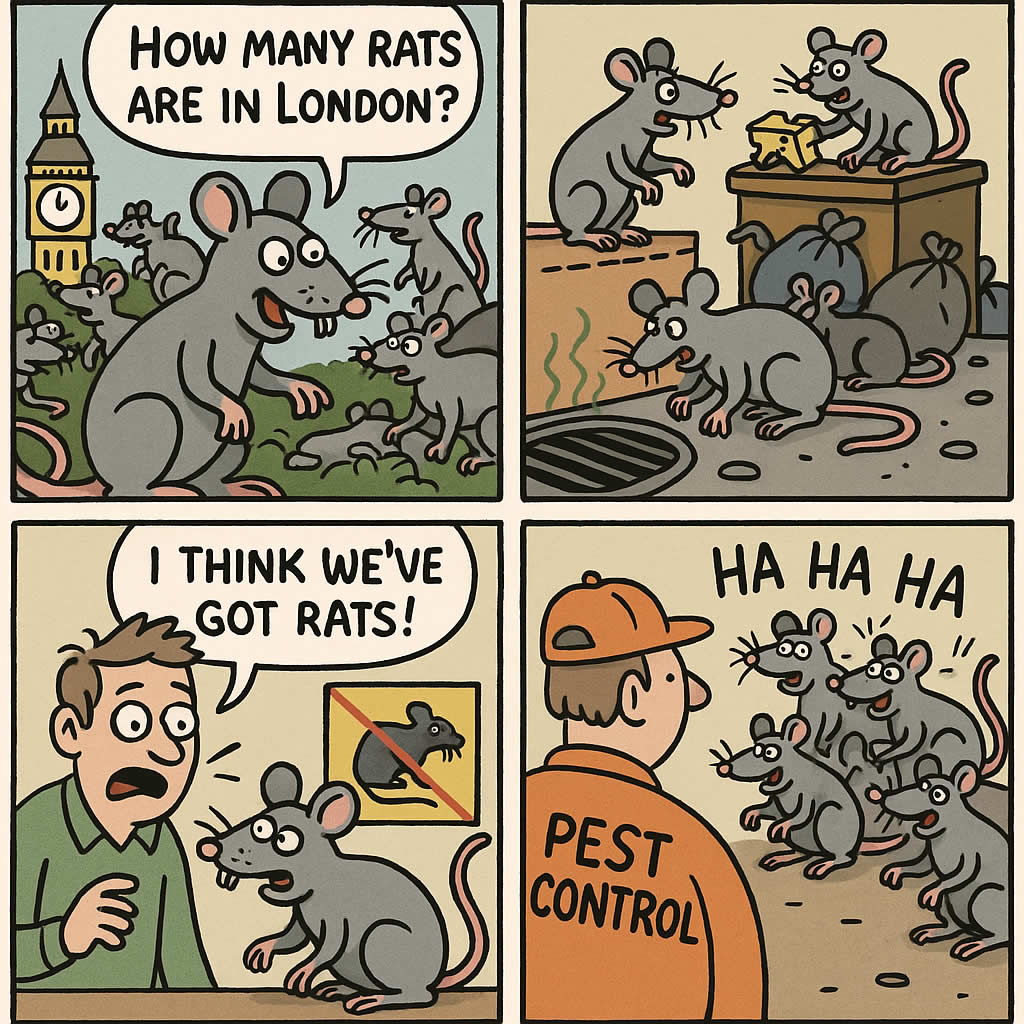Related Queries
ToggleDealing with the unpleasant smell of a dead rat in your home can be a distressing experience. The odour is not only foul but can also pose health risks due to the toxic gases released during decomposition. If you’re wondering how to tackle this issue effectively, you’re in the right place. This guide will walk you through understanding the causes of the smell, how to locate the source, and the best methods to eliminate it.
Understanding the Odour of a Dead Rat
When a rat dies, its body begins to decompose, releasing a variety of gases that contribute to a strong, musty smell. This odour is often described as similar to rotting cabbage or ammonia. The decomposition process can vary based on several factors, including temperature, humidity, and the rat’s location.
Why is the Smell Hazardous?
Not only is the smell unpleasant, but it can also be harmful to your health. The gases emitted from decomposing rats can irritate your respiratory system and may lead to more serious health issues if inhaled over time. It’s essential to address the smell promptly to maintain a healthy living environment.
Which Smell Removal Method Actually Works?
Once you’ve caught a whiff of that unmistakable dead rat smell, you’ll want it gone straight away. But not every method works equally well. Some are quick fixes, others take a bit more effort. Below is a side-by-side comparison to help you choose the best option for your situation.
Comparison Table: Dead Rat Smell Removal Methods
| Method | Effectiveness | Speed | Cost | Best Used When |
| Open windows and ventilate | ★☆☆☆☆ | Moderate | Free | Smell is mild and you’ve just noticed it |
| Odour neutralising sprays | ★★☆☆☆ | Fast | Low (£5–£10) | Short-term cover up, e.g. guests arriving soon |
| Activated charcoal or odour absorbers | ★★★☆☆ | Slow | Medium (£10–£20) | Lingering smell even after you’ve cleaned up |
| Professional removal and cleaning | ★★★★★ | Fast | High (£100+) | Dead rat is hidden or smell is overpowering |
| DIY deep clean (bleach, gloves, etc.) | ★★★★☆ | Moderate | Low (£10–£30) | You can reach the spot and clean it thoroughly |
What Should You Try First?
If the smell’s only just appeared, throw the windows open. That bit of ventilation can help you work out where it’s coming from. But if you’ve already found the rat and removed it, and the smell’s still lingering, it’s time to step up your game.
You could try odour absorbers like activated charcoal. They work slowly, but they’re good at soaking up nasty smells over a few days. Or if you’ve got the stomach for it, a good scrub with disinfectant can shift the last of it.
And when it’s all too much—or the smell’s hiding in a wall or under the floor—you’re better off calling in a pro. It costs more, but they’ll sort it properly and quickly.
Would you like this section tailored for a specific product mention or affiliate link next?
Identifying the Source of the Smell
The first step in dealing with the odour is to locate the source. This can be challenging, especially if the rat has died in an inaccessible area, such as inside walls or beneath floors.
Signs of a Dead Rat
Keep an eye out for these indicators:
- A strong, pungent odour that intensifies over time or with heat and humidity.
- Rat droppings or signs of gnawing around your home.
- An increase in insect activity, particularly flies.
- Visible signs of decay, if the rat is in an accessible location.
Using Your Nose
If you can’t see any obvious signs, use your nose to guide you. Follow the strongest scent to pinpoint where the smell is coming from. Often, the source is hidden in walls, attics, or crawl spaces.
Methods to Eliminate the Smell
Once you’ve located the source, it’s time to take action. Here are some effective methods to neutralise the odour of a dead rat.
Remove the Carcass
If you can access the dead rat, wear gloves and a mask to protect yourself from bacteria and pathogens. Place the carcass in a sealed plastic bag and dispose of it according to local regulations. Be sure to disinfect the area where the rat was found to eliminate any lingering bacteria.
Clean Thoroughly
After removing the carcass, clean the area with a mixture of bleach and water. This will help kill any remaining bacteria and reduce the smell. Make sure to ventilate the space by opening windows and using fans to help dissipate the odour.
Improve Ventilation
Increasing airflow in the affected area can significantly help in reducing the smell. Open windows and doors, and consider using fans to circulate air. This will help carry the odour outside and bring in fresh air.
Use Natural Deodorisers
There are several natural remedies you can use to absorb and neutralise the smell:
- Baking Soda: Sprinkle baking soda in the area where the smell is strongest. Leave it for a few hours or overnight, then vacuum it up.
- Vinegar: Mix equal parts of white vinegar and water in a spray bottle. Spray the affected area to neutralise the odour.
- Activated Charcoal: Place bowls of activated charcoal in the area. It’s known for its ability to absorb odours effectively.
Commercial Odour Eliminators
If natural methods aren’t enough, consider using commercial odour eliminators. Look for products specifically designed to neutralise animal odours. Follow the instructions on the packaging for the best results.
Preventing Future Infestations
After dealing with the immediate smell, it’s crucial to prevent future rodent problems. Here are some tips to keep your home rodent-free:
Seal Entry Points
Inspect your home for any gaps or holes that could allow rodents to enter. Seal these openings with materials like steel wool or caulk to prevent future infestations.
Maintain Cleanliness
Keep your home clean and free of food debris. Store food in airtight containers and ensure that rubbish is disposed of regularly.
Use Traps or Repellents
Consider setting rat traps or using natural repellents, such as peppermint oil, to deter rodents from entering your home. Regularly check traps to ensure they are effective.
When to Call Professionals
If you’ve tried these methods and the smell persists, or if you suspect a larger infestation, it may be time to call in a professional pest control service. They have the expertise and tools to handle the situation safely and effectively.
Our Final Say
Dealing with the smell of a dead rat can be overwhelming, but with the right approach, you can eliminate the odour and prevent future infestations. Remember to act quickly, as the longer the smell lingers, the harder it can be to remove. By following the steps outlined in this guide, you can restore a fresh and healthy environment in your home.
Looking for pest control Devon? Get in touch now.
Pest Control Limbury – Pest Control Merseyside – Pest Control Knotting Green
